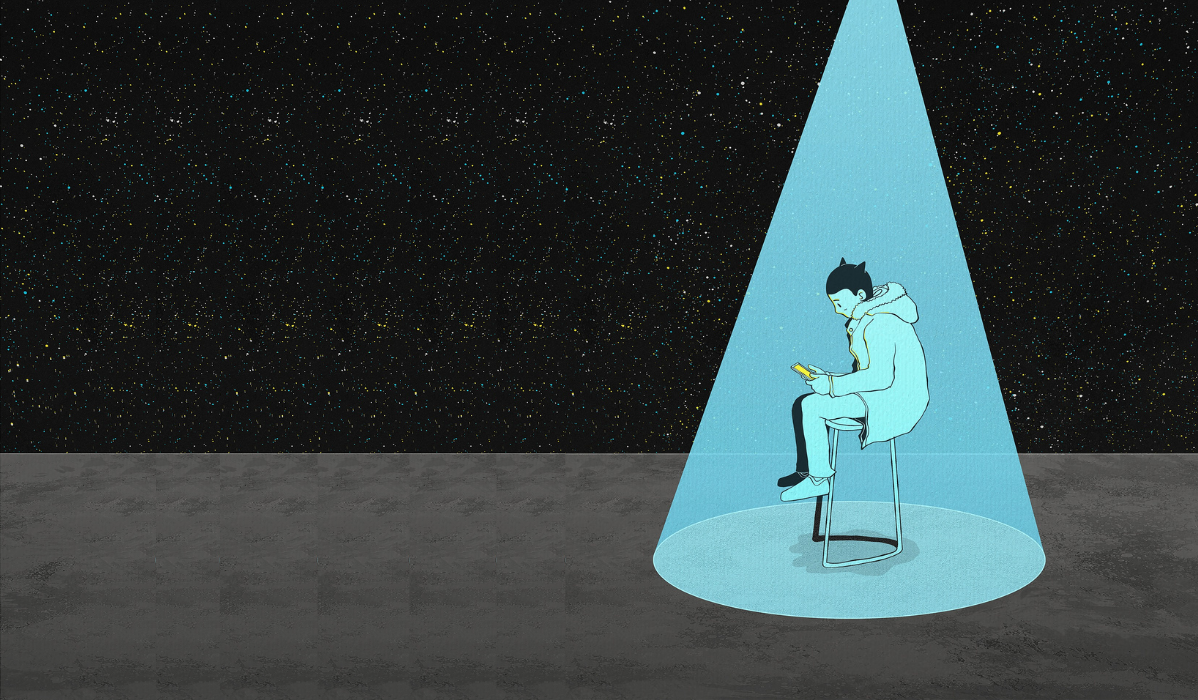Loneliness is a complex emotion that affects millions of people worldwide, regardless of their social status or the number of friends they have. Understanding loneliness is essential to addressing this pervasive issue. Enter the UCLA Loneliness Scale – a groundbreaking tool developed in the late 20th century that has helped researchers and mental health professionals gain insights into how loneliness impacts us all.
What is the UCLA Loneliness Scale?
The UCLA Loneliness Scale, originally released in 1978, was developed by researchers at the University of California, Los Angeles, including M.L. Ferguson, Daniel Russell, and Letitia Anne Peplau. This scale was created to address the limitations of earlier scales, which often lacked internal consistency and validity. The original version of the scale included 20 items, designed to measure the subjective feeling of loneliness in a comprehensive way.
How Does It Work?
The UCLA Loneliness Scale consists of a series of statements that respondents rate based on how often they feel a certain way. For instance, questions like “I lack companionship” or “No one really knows me well” are rated on a scale from “never” to “often.” Some statements are framed positively, such as “I am an outgoing person,” to balance the overall tone and ensure the scale’s reliability. Here’s an example from Wikipedia, demonstrating 1980 revision (R-UCLA), where respondents were asked to rate each item from one of four choices: ‘never’, ‘rarely’, ‘sometimes’, or ‘often’:

Once the answers are completed, the numbers associated with each rating are totaled to give the individual’s loneliness score. It’s considered bad design to make all the items negative statements, so some are phrased as positives (marked with ‘*’ in the example above). For a positive item, the score is reversed. For example, if a respondent answers ‘Often’ to “I am an outgoing person,” then rather than the 4 that would normally be assigned for answering ‘Often’, it scores as a 1.
Why is the UCLA Loneliness Scale Important?
The significance of the UCLA Loneliness Scale lies in its simplicity and effectiveness. It has been used extensively in research to identify loneliness in various populations. For example, a study from 1992 estimated that the UCLA Loneliness Scale had been used in 80% of all empirical studies on loneliness.
Additionally, a 2001 metastudy looking at 149 studies of loneliness found that the UCLA scale was used in 27% of these studies, far more than any other formal scale. This widespread use highlights the scale’s credibility and the critical role it plays in loneliness research.
Loneliness: More Than Just a Number
While the UCLA Loneliness Scale has been incredibly influential, it’s not without its criticisms. Some researchers argue that the scale is too unidimensional, focusing only on one aspect of loneliness. To address this, some experts advocate for multidimensional scales, like the De Jong Gierveld scale, which can distinguish between different types of loneliness, such as social and emotional loneliness. This distinction can provide a clearer picture of the specific challenges individuals face. For instance, the SELSA scale separates social, romantic, and family loneliness, offering a more nuanced view of an individual’s loneliness experience.
From Research to Reality: Bridging the Gap
Imagine being surrounded by people but still feeling like you’re on your own island. This is the reality for many who struggle with loneliness. Understanding the nuances of loneliness can help us create better support systems. For example, initiatives like community groups, mental health apps, and social programs are designed to combat loneliness by fostering meaningful connections and providing support tailored to individual needs.
At Viranda, we believe in the power of understanding and addressing loneliness. Our mission is to create solutions that bridge the gap between isolation and connection. Whether it’s through innovative technology or community-driven initiatives, we are committed to building a world where no one feels alone. Our recent projects have included developing features in our app that connect users with local support groups, reflecting our commitment to real-world impact.
In conclusion, the UCLA Loneliness Scale has been a pivotal tool in our understanding of loneliness. By continuing to explore and address this critical issue, we can work towards a future where everyone feels seen, heard, and connected.





